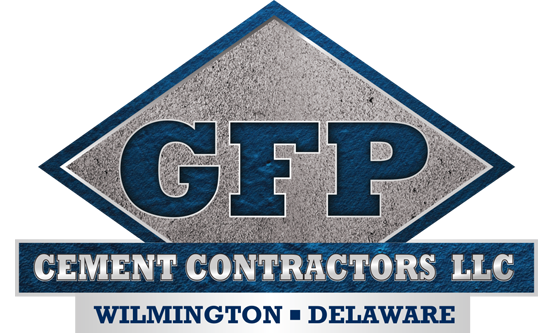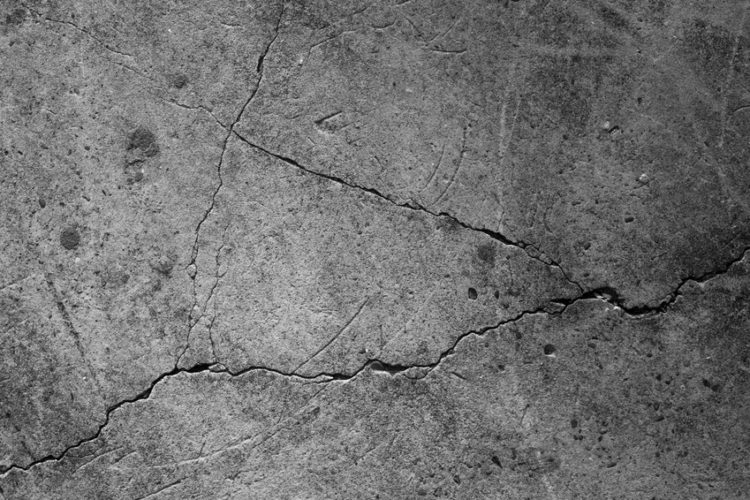Concrete is used more than any other manmade material in the entire world. The inexpensive, durable aggregate mix actually gets stronger with time, explaining why we depend on it so much as a society; any building project or construction job will have concrete contractors ready and able to pour floors, walls, and structural components. In fact, concrete is so tough that we rely on it to get around — nearly 30% of interstate highways in the U.S. are built using the stuff.
As strong as concrete is, it isn’t infallible. Industrial concrete repair is often required when certain circumstances cause the concrete to crack and split open. Here are four reasons this may happen.
- Excess water in the mix: Concrete does not need a lot of water to achieve maximum strength. Unfortunately, the majority of concrete used in residential work sees the addition of extra water because it makes the concrete easier to pour and install. In these cases, shrinkage is the main cause of cracking. When concrete dries, it hards and shrinks because excess water is evaporating from the mix; the wetter the mix, the greater the shrinkage, and the more likely you’ll see cracking.
- Rapid drying: Concrete needs to be cured a certain way in order to retain its full strength. If the slab dries too quickly, the odds of cracking skyrocket. As long as your concrete contractor knows how to cure his slabs, this shouldn’t pose too much of a problem.
- Wrong strength: As unlikely as it may seem, construction sites are hectic and accidents happen. Because concrete comes in many different strengths, it is possible that cracked concrete was simply poured in the wrong strength. Avoid this issue by talking to your concrete materials procurement and logistics professional.
- Frozen ground: As a rule of thumb, concrete should never be poured on frozen ground. If the mix freezes and then thaws, it won’t cure correctly, resulting in a very weak slab that is definitely prone to cracking.
If you’re having commercial concrete work done, be sure to keep these causes in mind. Preventing the problem before it occurs is the best way to avoid industrial concrete repair costs, but sometimes the damage is inevitable. Use your best judgment and contact a concrete company for repairs if need be.

